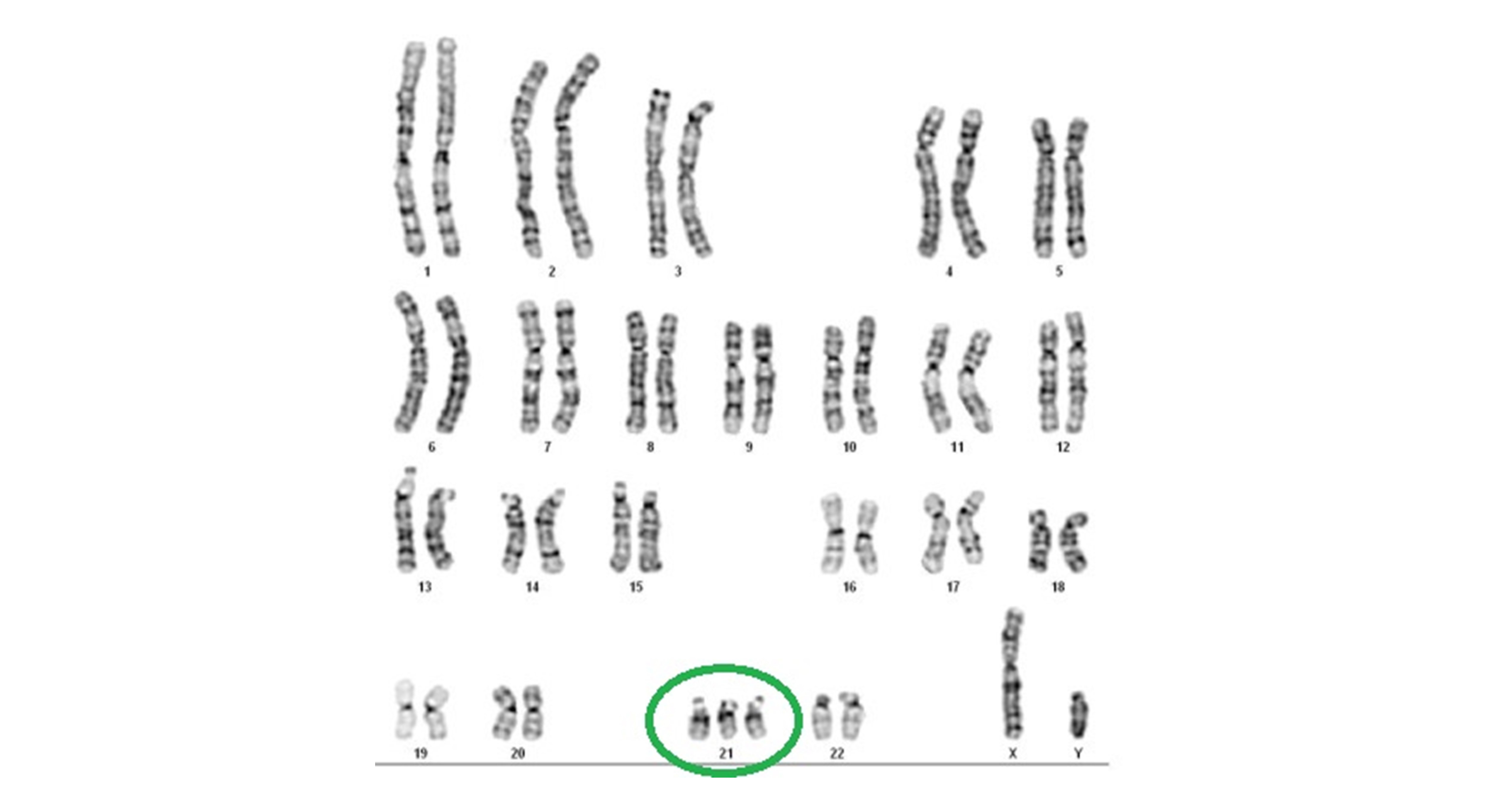細胞染色體檢查
服務介紹
產前篩檢項目中,染色體檢查是相當重要的一環 正常人染色體有46條,若是其中一條染色體有數目、結構的異常,就會產生缺陷。可能是因為接觸有害化學物質、放射線照射、環境因素、高齡妊娠、近親配婚等因素影響,導致妊娠時染色體的數目、形態、結構等發生變異所引起的疾病。 細胞染色體檢查,對染色體疾病的產前診斷具有很大的意義,可以分析胎兒細胞染色體,確保胎兒的健康。

產前細胞染色體檢查,需抽取孕婦羊水,從羊水中找到胎兒脫落的細胞,經細胞培養後進行染色體或基因突變分析。
抽取羊水是要分析胎兒的染色體組成,其中最重要而常見的是唐氏症(T21,第21對染色體異常);另外還有些單一基因疾病,例如:海洋性貧血、血友病等,亦可以透過羊水細胞內的基因檢驗確認。
檢測說明
要取得羊水細胞必須透過羊膜穿刺。在超音波導引之下,醫師會將一根細長針穿過孕婦的肚皮、子宮壁,進入羊水腔,抽取足夠檢測的羊水量。懷孕16至18週是羊膜穿刺的最佳時機。
小於14週的話,羊水量較少,羊膜穿刺的困難度較高;而週數太大時,抽取出的羊水細胞因老化,細胞較難培養。
一般抽取20c.c.左右的羊水,佔整體羊水量不到5%,因此不會對胎兒造成影響。根據美國婦產科醫學會臨床指南指出,羊膜穿刺所導致的胎兒流產機率約為3/1,000(ACOG Practice Bulletin, 2007)。
適用對象
✔ 超過34歲之高齡孕婦
✔ 希望降低懷孕風險的孕婦
✔ 超音波檢查發現胎兒有構造異常的孕婦
✔ 有先天性異常的家族史或者曾生過先天性異常寶寶者
檢測流程
其他說明
很多人都會以為,接受產前細胞染色體檢查之後,如果報告正常,胎兒就不會有問題了。
但事實上,大約有1-2%的新生兒會有某些先天缺陷,且其實和染色體無關,是沒有辦法診斷出來的。任何的醫學檢測都有其限制,並無法涵蓋所有問題;正確的觀念應該是,您可以透過眾多檢測,以降低許多疾病風險,即風險管理的概念。
